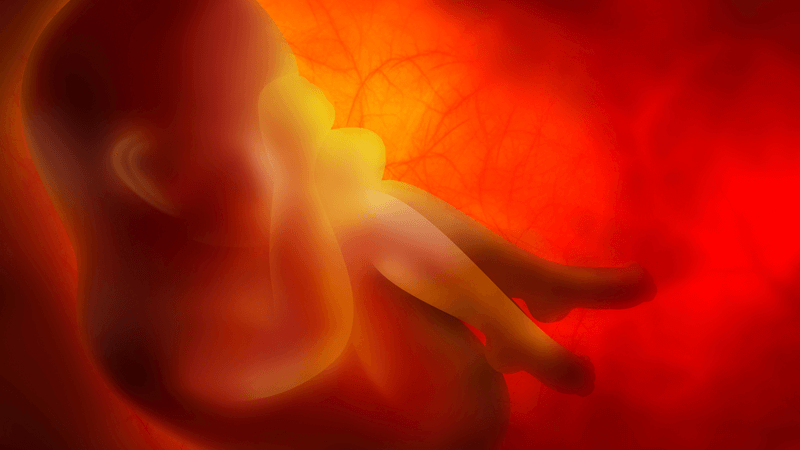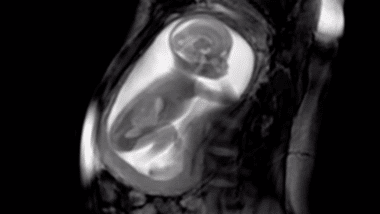US researchers have caused outrage after grafting skin removed from aborted babies onto mice and rats in laboratory experiments.
Scientists at the University of Pittsburgh, in conjunction with the private animal-testing company Hera Biolabs, used skin taken from the scalps and backs of babies aborted at 18-20 weeks gestation in order to create ‘humanised rodents’.
Although the research programme is not illegal, the US Government clamped down on federal funding for research which uses tissue from aborted babies in 2019.
‘Crimes against humanity’
Results from the research project were published in the scientific journal Nature last year, which explained how ‘humanised’ mouse and rat models, with “full-thickness human skin” and “immune cells” obtained from “de-identified human fetal tissue”, were used to investigate human diseases.
According to the report, the baby tissue used in the experiments came from ‘medically indicated or elective’ abortions at the University’s own medical centre, but only after the “written informed consent” of the mothers had been given.
The Roman Catholic Bishop of Tyler, Texas, referred to them as “crimes against humanity”.
Ethical review
In February 2020 under the Trump Administration, the US Government established the National Institutes of Health Human Fetal Tissue Research Ethics Advisory Board.
The board now reviews all applications for federal funding for medical research using tissue taken from aborted babies. Since its institution, it has refused to fund all but one submission.
Science Magazine reports that “at least 10 of the board’s 15 members have publicly opposed abortion, fetal tissue research, human embryonic stem cell research, contraception, or a combination of these.”
‘Tiny bodies’
Paige Comstock Cunningham, the Board’s pro-life chair, said in 2016: “The fetus, as a uniquely vulnerable and dependent human person, merits the same (or even heightened) protections that modern declarations and codes of medical ethics impose on all human subject research.”
She added that rather than being a “lesser” form of human life, “the fetus is a distinct human being at a particular developmental stage.
“As such, she is not a potential human being, but an actual human being, whose life should not be intentionally ended by force.”We should not seek to restore our own bodies at the cost of using the tiny bodies of others
In her written submission to a US House of Representatives Committee at the time, she also said: “We should not seek to restore our own bodies at the cost of using the tiny bodies of others, whose only offense was to be growing in the ‘wrong’ womb at the ‘wrong’ time. As a people, we deserve better, and as a nation we are called to be better.”
US Supreme Court ends postal DIY abortion pill service
US funding cuts to pro-abortion groups ‘have not disrupted’ women’s health
US survey: Opposition to abortion pills increases after learning how they work


